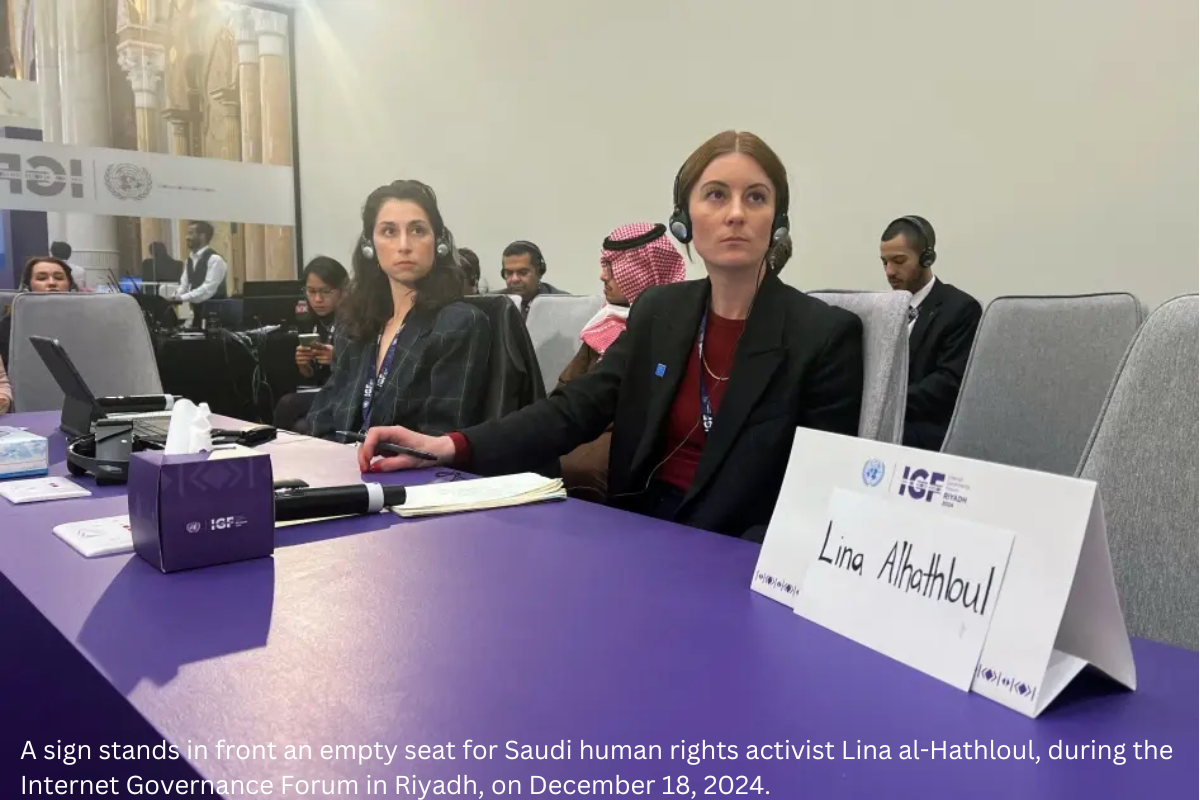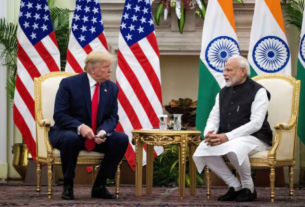The UN recently censored criticism of Saudi Arabia during its internet governance conference in February 2025. The move drew backlash from human rights groups who say the UN is protecting Saudi interests instead of supporting free speech.
Several critics of Saudi Arabia’s internet policies were silenced at the event. “This action goes against the UN’s mission to ensure free speech online,” said one attendee who was removed from a panel after speaking out against the kingdom’s internet controls.
The censorship occurred when speakers brought up Saudi Arabia’s long record of limiting free expression on the internet. Saudi Arabia has faced constant criticism for blocking websites, monitoring online activities, and arresting those who criticize the government online.
Human rights groups argue that the UN is compromising its values by accommodating Saudi Arabia’s influence. The UN has been involved in efforts to set global internet regulations, but its decisions have often been seen as favoring certain nations over others.
In response to the incident, the UN stated that its decision was based on maintaining a productive and balanced discussion at the conference. However, critics believe that the UN’s role should be to protect speech, not limit it under pressure from powerful nations.
The controversy highlights a broader issue of censorship in international forums. The UN’s involvement with Saudi Arabia raises questions about how much influence powerful governments have in shaping discussions on human rights and online freedoms.
“This sets a dangerous precedent for future discussions on internet governance,” said a member of a leading human rights organization. Many believe that this situation weakens the UN’s ability to serve as an independent body that protects freedom of speech globally.
The UN has long been under scrutiny for its handling of human rights issues, especially when dealing with countries like Saudi Arabia. As governments and organizations continue to fight for control over the internet, the UN’s actions are increasingly seen as critical to the future of online freedom.
While the UN’s stance on Saudi Arabia’s censorship has drawn criticism, the larger issue remains: how can global institutions support free speech without compromising their relationships with powerful nations? The challenge lies in balancing human rights concerns with the practicalities of international cooperation.
At this point, the UN’s ability to host an unbiased and open discussion about global internet governance has been questioned. The latest censorship incident underscores the ongoing tension between upholding freedom of expression and catering to the interests of influential nations like Saudi Arabia.



